The WHF Heart Café will welcome attendees of the European Society of Cardiology Congress from Friday 30 August to Monday 2 September 2024 for a coffee or tea whilst providing a unique platform for a series of open discussions on key topics in the field of cardiovascular disease and global health. The Heart Café stage will be adjacent to the World Heart Federation booth number F20 in the International Associations’ Row (next to industry hall, Exhibition South) at the ExCeL London, UK.
Cardiovascular disease (CVD) remains the most common cause of death globally, claiming over 20.5 million lives every year. The Heart Café will aim to foster integration, partnership, and multidisciplinary as well as multisectoral collaborations. The sessions are informal and highly interactive to stimulate conversation and debate on potential solutions to the current global challenges related to CVD.
A set of prominent experts will set the scene with some opening thoughts at the beginning of each Heart Café session. The panellists will then actively involve and engage with members of the audience. As such, representatives from different countries and backgrounds – from policymakers to healthcare professionals, people living with CVD, scientists, and advocates – will have the opportunity to exchange ideas and network in an informal and inclusive environment.
FRIDAY 30 AUGUST
SATURDAY 31 AUGUST
SUNDAY 1 SEPTEMBER
Secondary prevention of cardiovascular disease (CVD) is crucial because it significantly reduces the risk of recurrent cardiovascular events in patients who have already experienced heart disease. By implementing effective strategies such as cholesterol management, medications, lifestyle changes, and patient education, secondary prevention improves patients’ quality of life and decreases mortality rates. Additionally, it is cost-effective, reducing the need for expensive treatments and hospitalizations, thereby alleviating the economic burden on both patients and healthcare systems. Furthermore, secondary prevention promotes a comprehensive approach to care, empowering patients to manage their condition effectively and ensuring they receive continuous support and interventions.
Speakers:

Prof Kausik Ray - Moderator
President European Atherosclerosis Society, Professor of Public Health and Honorary Consultant Cardiologist
Imperial College, London
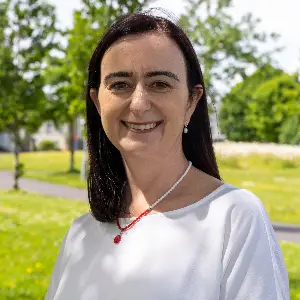
Irene Gibson
Cardiovascular Nurse specialist, Adjunct Lecturer
National University of Ireland at Galway, Ireland

Birgit Beger
CEO
European Heart Network

Dr Abhinav Sharma
Assistant Professor, Department of Medicine, Divisions of Cardiology and Experimental Medicine
McGill University, Canada
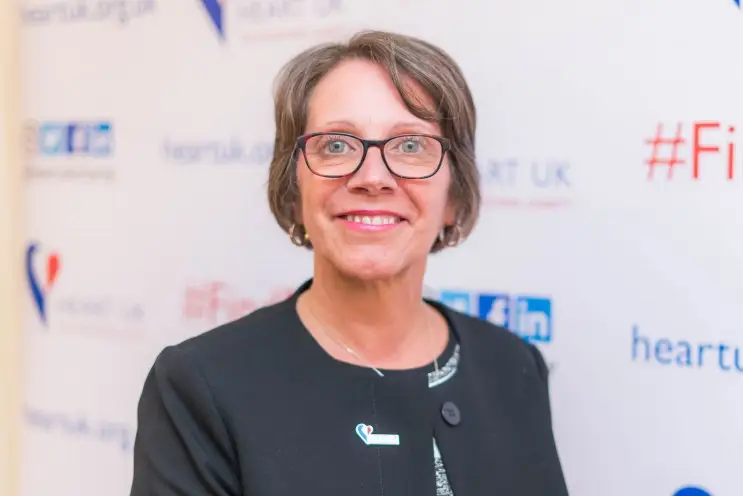
Jules Payne
Chief Executive
Heart UK - The Cholesterol Charity
Despite recent advances in ATTR-CM care due to improved knowledge and newly-available therapies, significant progress still needs to be made to improve rates and timeliness of diagnosis. Similarly, promoting patient-centred care can help ensure those diagnosed receive the best possible treatment and support. This session will explore how patients can be better involved in ATTR-CM advances, from drug development, through to clinical care and health policy. In this panel, we will discuss how people living with ATTR-CM can be meaningfully involved in clinical trial design and the importance of patient-centred care and psychosocial support in maximizing quality of life and treatment outcomes, and how to better engage patient advocacy groups in policymaking. Panelists will also discuss a forthcoming toolkit to support people living with ATTR-CM being developed by World Heart Federation, and welcome questions and input from the audience.
Speakers:
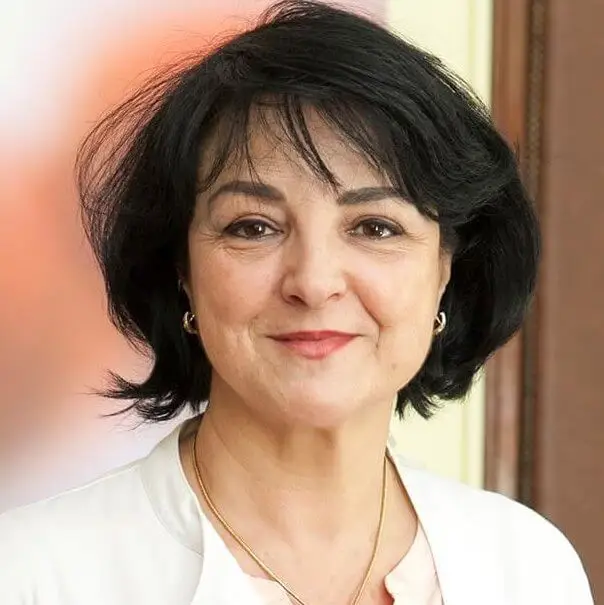
Prof. Dulce Brito - Moderator
Senior Cardiology Consultant, Assistant Professor of Cardiology
University of Lisbon, Portugal

David Gregory
Board member, Secretary
Amyloidosis Alliance, UK and Amyloidosis, UK

Nikki Bart
Cardiologist and Researcher
Victor Change Cardiac Research Institute, Australia

Thirusha Lane
Registered nurse and ATTR-CM patient advocate
There are approximately 300 million people living with rare diseases worldwide. Recent clinical and policy advances for rare cardiovascular diseases, including the advent of new therapy options and guidelines for ATTR-CM, homozygous familial hypercholesterolemia and pulmonary arterial hypertension, have increased attention to these conditions. Nevertheless, delayed and missed diagnoses pose an ongoing challenge across rare cardiovascular diseases, with the average amount of time between the onset of a rare disease and diagnosis being 4.8 years. Common challenges to timely diagnosis exist across rare cardiovascular diseases, and include limited awareness among both physicians and the public, the need for improved and more specific diagnostic protocols, and in some settings limited access to specialist care and necessary diagnostic equipment. This session will explore different solutions to improving diagnosis of rare cardiovascular diseases, how they can be implemented, and what they could mean for people affected by these conditions.
Speakers:

Prof Stephen Nicholls - Moderator
Program Director of the Victorian Heart Hospital, MonashHeart
Monash University, Melbourne, Australia

Dr. Iain Armstrong
Chair
Pulmonary Hypertension Association UK

Dr Tiziana Felice
Consultant cardiologist
Mater Dei Hospital, Malta

Clara Hjalmarsson
Associate Professor
Sahlgrenska University Hospital, Gothenburg, Sweden

Prof Maciej Banach
President
Polish Lipid Association, Poland
Individuals with cardiovascular disease (CVD) often have coexisting conditions such as diabetes, chronic kidney disease, hypertension, and chronic obstructive pulmonary disease, which can exacerbate their cardiovascular issues and complicate treatment plans. The presence of multiple long-term conditions (MLTCs) increases the risk of adverse health outcomes, requires more complex medication regimens, and necessitates careful monitoring to avoid drug interactions and manage overlapping symptoms. Effective management of CVD in patients with MLTCs demands a holistic, patient-centered approach that addresses the interconnected nature of these conditions, emphasizing integrated care, coordinated treatment strategies, and personalized interventions to
improve overall health and quality of life. The objectives of this panel discussion are to explore the complexities and challenges of managing CVD in patients with MLTCs. We aim to address how the presence of these coexisting conditions can
exacerbate cardiovascular issues, complicate treatment plans, and increase the risk of adverse health outcomes. The discussion will emphasize the need for a holistic, patient-centered approach that integrates care, coordinates treatment strategies, and provides personalized interventions. By focusing on these aspects, the panel seeks to highlight best practices and innovative approaches for
improving overall health and quality of life in patients with CVD and MLTCs.
Speakers:
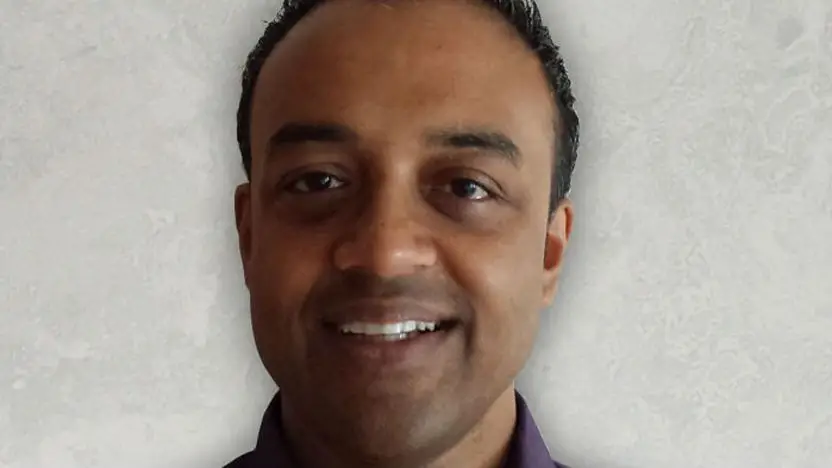
Prof Amitava Banerjee - Moderator
Professor of Clinical Data Science
University College London, UK

Prof Kamlesh Khunti
Professor of Primary Care Diabetes and Vascular Medicine
University of Leicester

Steven Macari
President
AVEC – Association Vie et Coeur, France
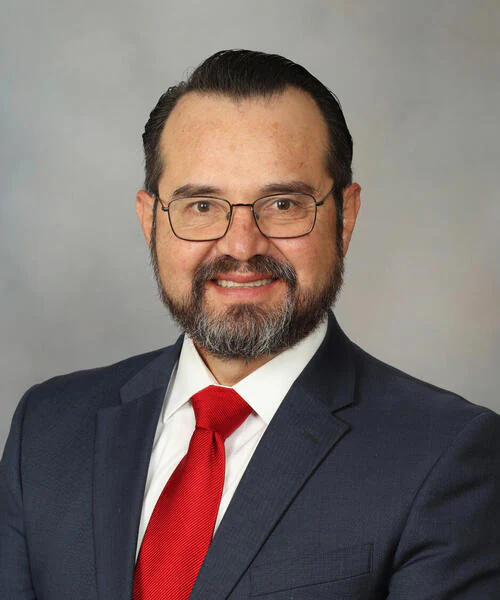
Prof Francisco Lopez-Jimenez
Chair, Cardiologist
Division of Preventive Cardiology, Mayo Clinic - Rochester, USA

Dr Angela Koh
Associate Professor, Department of Cardiology
National Heart Centre Singapore and Duke-National University of Singapore, Singapore
Reliable, current and comprehensive data is the cornerstone of efforts to monitor and strengthen public health policy and health systems. Those working in policymaking, health systems management and health advocacy rely on data to understand the disease burden they are facing, what is driving ill health, and what can and should be done about it. Yet in all settings, improvements are needed in the way data is collected, analysed, accessed and used. This session will explore key initiatives that have been established to support improved data collection and availability, and why gaps still persist. Attendees will gain insights into the importance and challenges of developing standardized health estimates through the Global Burden of Disease Study and NCD Risk Factor Collaboration, learn about how the World Heart Observatory is working to provide a central platform for those in need of cardiovascular statistics, and where urgent efforts are needed to improve data availability.
Speakers:

Prof Pablo Perel - Moderator
Cardiologist, Epidemiologist and Science Advisor
World Heart Federation
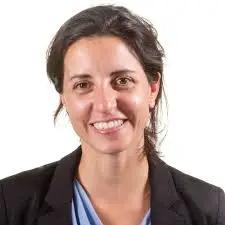
Prof Mariachiara Di Cesere
Professor in Population Studies and Global Health
University of Essex

Dr Mark Miller
Reader, Deanery of Clinical Sciences
University of Edinburgh

Dr Greg Roth
Director for the Program in Cardiovascular Health Metrics, Professor
IHME

Dr Bin Zhou
Research Fellow in Health Analytics and Machine Learning
Imperial College London, NCD-RisC
Fixed-dose combinations (FDCs) for cardiovascular disease (CVD), where medications combine two or more active ingredients into a single pill, can simplify treatment, enhance adherence, and improve outcomes. FDCs streamline medication regimens, improve patient compliance, and potentially reduce healthcare costs. This panel discussion aims to highlight the benefits of FDCs and seeks to provide insights into optimising the use of FDCs in CVD management and promoting their integration into clinical practice. This timely panel discussion will delve into what’s new in the soon to be published WHF Roadmap on FDCs and how it can inform health systems globally.
Speakers:

Fausto Pinto - Moderator
Professor of Cardiology
Santa Maria University Hospital, Portugal

Dr Adrianna Murphy
Associate Professor
London School of Hygiene and Tropical Medicine, UK
Prof Habib Gamra
Head of Cardiology Department
Fattouma Bourguiba University Hospital, Monastir

Dr Gautam Satheesh
Global Health Researcher
George Institute, India

Maria George
Founder
Inoca International